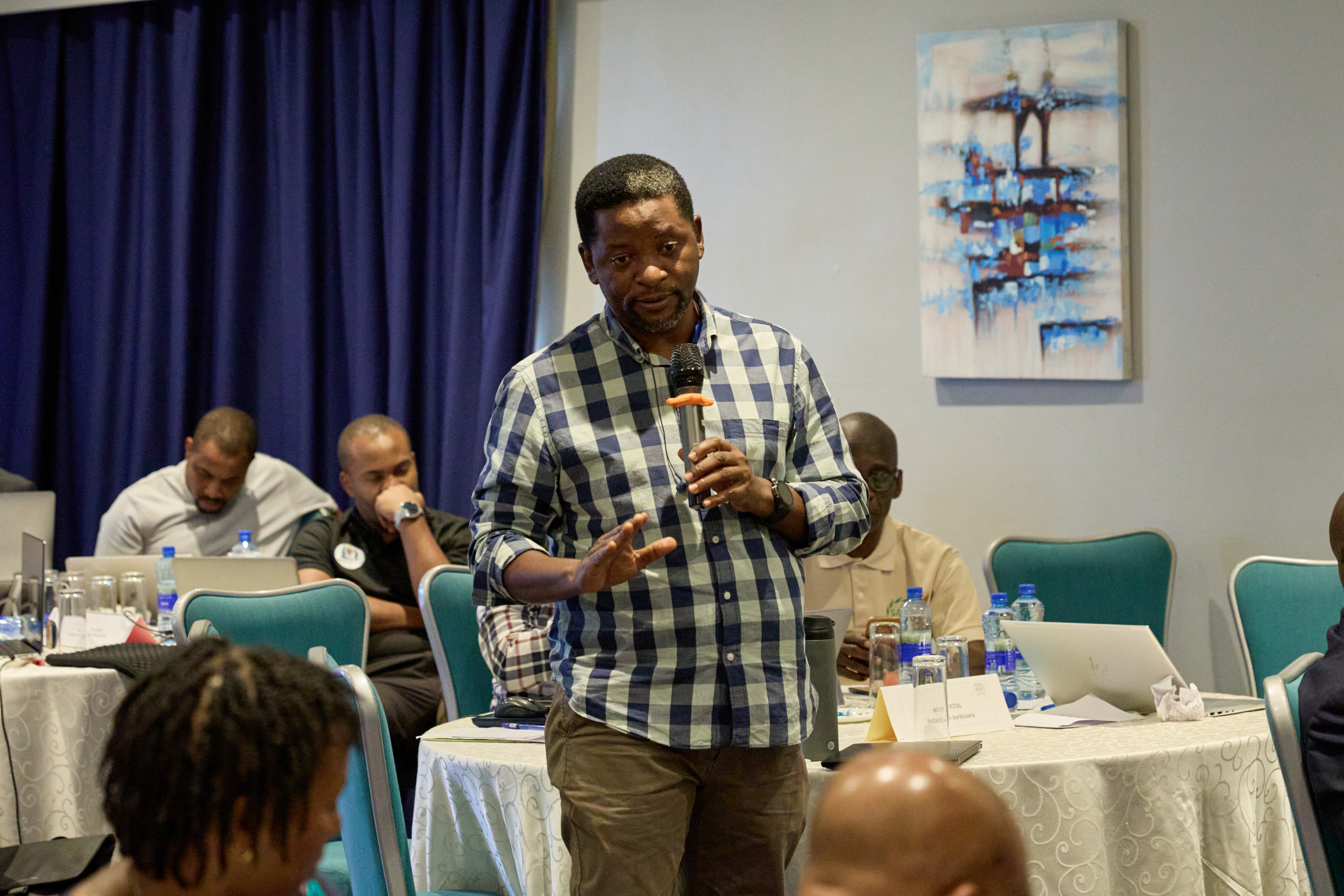
MEETING: Ifakara joins national malaria control discussions

From August 21-23, 2024, the Ifakara Health Institute (IHI) actively participated in the 8th Vector Control Technical Working Group (VCTWG) meeting, held at the Four Points by Sheraton Hotel. This important event, organized by Tanzania’s Ministry of Health through the National Malaria Control Programme (NMCP), aimed to discuss and shape the future of vector control strategies in Tanzania. The meeting brought together representatives from the Ministry of Health, NMCP, research institutions, and international partners to address key issues in mosquito control.
Day one: setting the stage for informed decisions
The meeting began with a review of the objectives and goals of the VCTWG, emphasizing its importance in tackling emerging vector control challenges. The agenda also included a review of actions taken since the last VCTWG meeting in November 2023, ensuring continuity in the efforts to control vector-borne diseases. The day featured presentations on new vector control tools recommended by the World Health Organization (WHO), highlighting innovative methods to combat diseases. There was also a session on the digitalization of the Annual Review of Vector Control Interventions Report (AVCR) at the council level, showcasing the integration of technology in monitoring and evaluation processes.
Day two: exploring advanced vector control tools
On the second day, participants explored evidence and experiences with advanced vector control tools, such as spatial repellents. Presentations from the NMCP and NIMR-Amani included findings from supportive supervision studies and laboratory analyses, focusing on ongoing surveillance and intervention efforts. Population Services International (PSI) shared preliminary results on the surveillance of the invasive *Anopheles stephensi* mosquito in Tanga, Dar es Salaam, and Kilimanjaro, highlighting its potential spread. Discussions also covered insecticide resistance and the distribution of Insecticide-Treated Nets, emphasizing the need for adaptive mosquito control strategies.
Day three: addressing emerging challenges and innovations
The final day of the meeting focused on emerging challenges and innovative solutions in vector control. IHI presented a comprehensive analysis of *Aedes aegypti* mosquito ecology, aimed at reducing dengue transmission in Tanzania. Dr. Samson Kiware proposed the implementation of a mosquito database in Tanzania Mainland, which would support data-driven decision-making and improve vector control strategies. Additionally, Dr. Brian Tarimo from the Transmission Zero project discussed the development of gene drive technologies for malaria control, a promising approach that could transform malaria elimination efforts. Dr. Lina Finda presented findings on African perspectives on gene drive approaches for malaria control.
As the meeting concluded, participants reflected on the discussions and reaffirmed their commitment to advancing vector control efforts in Tanzania. The 8th VCTWG meeting highlighted the importance of collaboration, innovation, and data-driven strategies in tackling vector-borne diseases, paving the way for effective interventions to benefit communities across the country.
